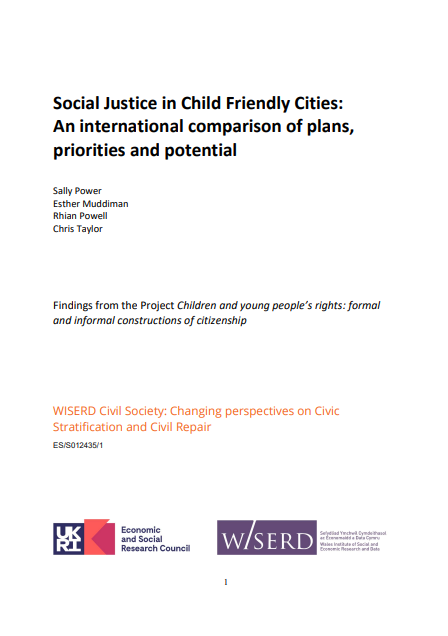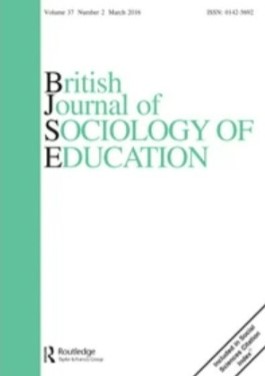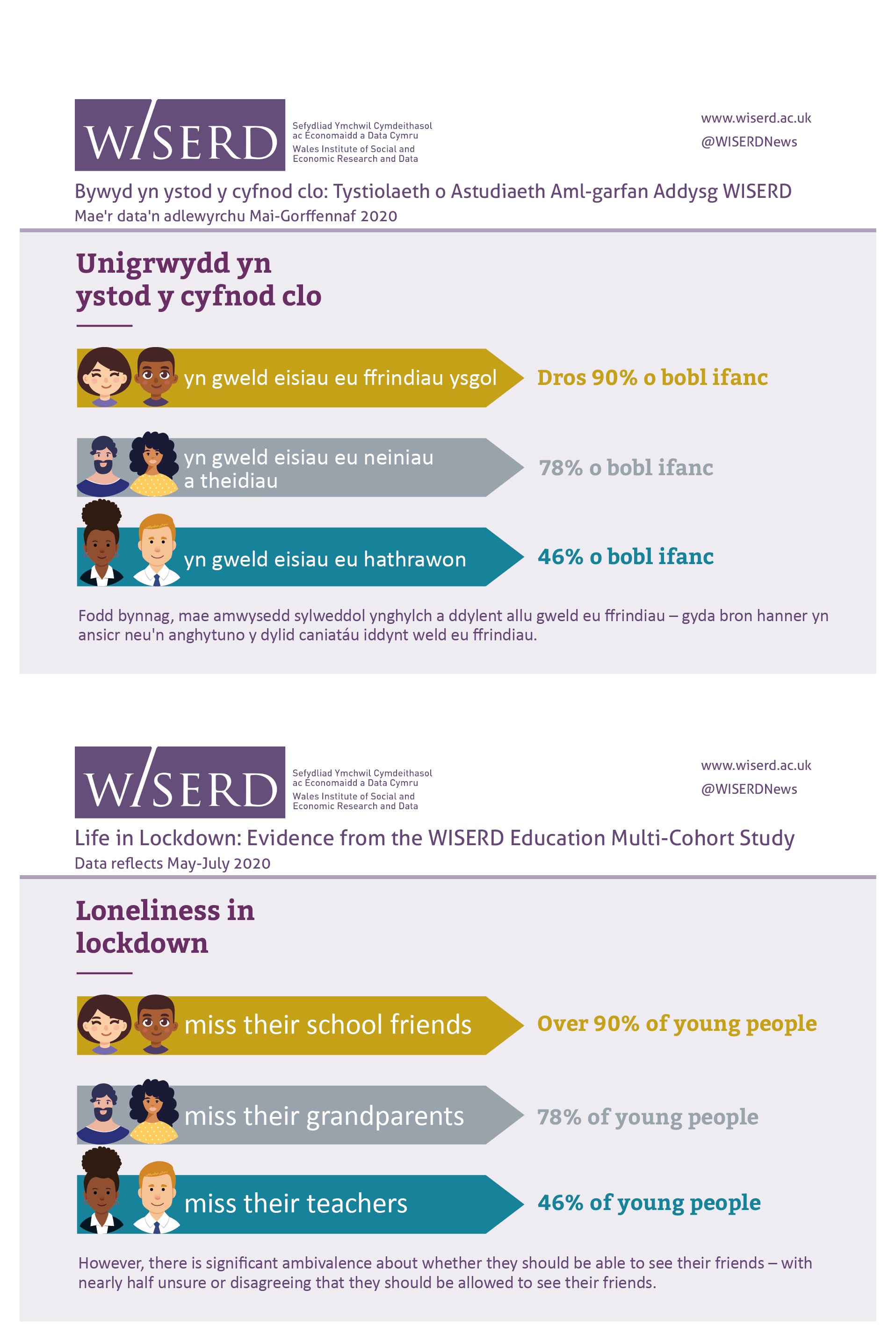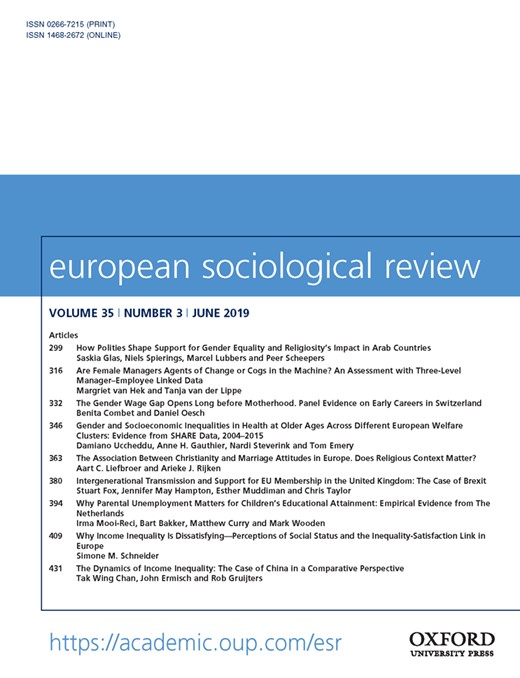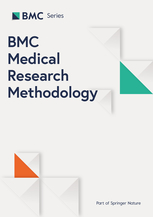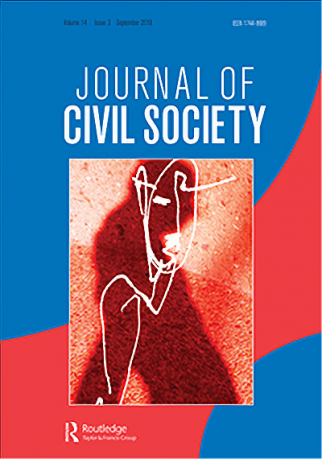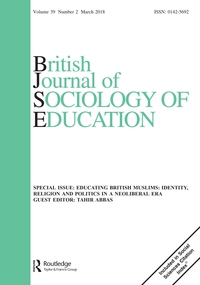Mae'r cynnwys hwn ar gael yn Saesneg yn unig.
Research Area
I’m a postdoctoral researcher with a particular interest in identity, belonging, civil society and youth engagement.
My WISERD Civil Society project explores the role of family in peoples’ accounts of civic engagement – focussing on the values and behaviours that get shared between different generations. The project draws on survey data from three generations of participants from across South and West Wales to identify patterns of political, religious, social and environmental engagement. We have also incorporated a family tree mapping exercise during qualitative interviews with a sub-sample of participants to explore the role of family in people’s accounts of civic engagement. The result of the EU Referendum and perceptions of a ‘generational divide’ has emerged as a prominent theme in participant interviews, so I presented a workshop on Young People and Brexit at the Hay Festival with colleagues in 2017. Together we explored perceptions of a ‘generational divide’ and familial influences on young peoples’ political engagement in relation to education and engagement with different medias.
During the course of this project I have become increasingly interested in eating habits and how people make choices about food in relation to family, environment and sustainability. I was delighted to be selected to participate in the 2018 GW4 Crucible on the theme of ‘Resilience, Environment and Sustainability’. I’m a keen collaborator and am enjoying working with colleagues both within and beyond WISERD in a number of different areas including: investigating the intergenerational transmission of Euroscepticism using the UK Household Longitudinal Survey; using mixed methods to explore the relationship between religion and civic engagement over time; and working with partners at EYST to explore youth ethnic minority experiences of Brexit.
Methods
I enjoy experimenting with different methods and have three particular areas of interest:
Family Tree Mapping: With help from our undergraduate research placement students we have developed a way of mapping out family trees with interview participants and marking the different values and behaviours that get shared between different members as a vehicle for in depth discussions about identity, belonging and family practices. This method has potential for other projects exploring the themes of intergenerational justice and the (lack of) resilience of particular ideas or behaviours over time.
Participant Marginalia: We noticed that many young people in our study had drawn or written in the margins of their surveys – particularly on sections relating to family relationships and decided to analyse these additions as data in their own right. Analysis of participant marginalia is not well-developed in the social sciences, but a handful of studies demonstrate the importance of listening when participants ‘speak back’ and suggest that paying attention to this type of data can help to further our understanding of participant identities and the power dynamics embedded in the research process.
Q Methodology: I have used Q methodology to explore individual subjectivities in relation to professional identities in a previous research post. Whilst under-used in the social sciences it has the potential to enhance the collection of sensitive data in areas such as social desirability, acquiescence, extreme response style and attitudes towards controversial issues. I have delivered workshops on Q methodology to a range of postgraduate researchers and medical practitioners both in Cardiff and at a partner institution in Taiwan (Chang Gung Medical Education Research Centre).
Teaching and Supervision
I have taught on both methodological and substantive undergraduate modules in the School of Social Sciences, and have experience supervising undergraduate and masters students. Extending an interest in South East Asia that I developed during my doctoral studies, I am currently supervising a student based in Singapore enrolled on the Skills and Workforce Development MSc hosted by Cardiff University and the Institute of Adult Learning.
Previous Research and Study
Prior to joining WISERD in 2016 I worked at CUREMeDE where my primary focus was a longitudinal mixed methods evaluation of a generalist postgraduate medical education training programme. In this role I explored the rising importance of medical generalism and how it may trouble existing categories of professional identity. I studied for my BSc Econ degree in Sociology at Cardiff University and continued in the School of Social Sciences to complete an ESRC funded MSc in Social Research Methods and PhD focussing on the educational experiences and civic values of university students in Britain and Singapore.

